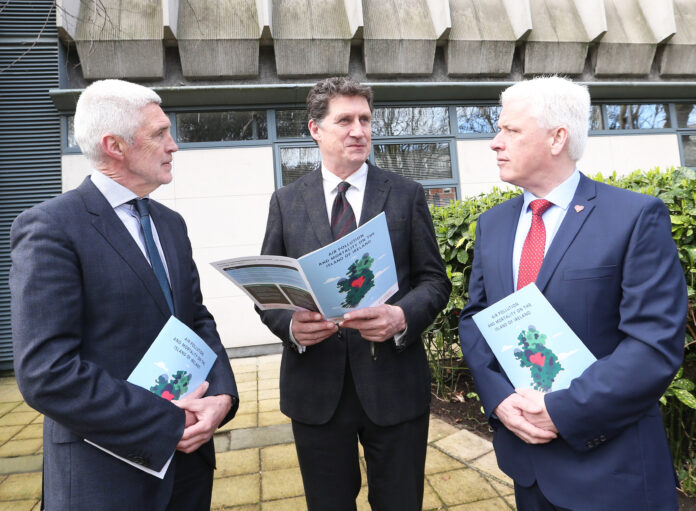
36 LIVES could be saved in Limerick every year if international guidelines on air pollution were adopted, a major cross-border health report has established.
The all-island assessment reveals that around 2,600 premature deaths, 1,700 in the Republic and 900 in Northern Ireland, can be attributed to air pollution annually.
In Limerick, the data shows that 86 premature deaths a year are linked to dirty air – with 36 people in the city and county dying from heart disease as a result of air pollution.
The study, Air Pollution and Mortality on the Island of Ireland, was commissioned by the Irish Heart Foundation and British Heart Foundation Northern Ireland and compiled by experts from Queen’s University Belfast and Technological University Dublin.
The World Health Organisation recommends air quality guideline levels for harmful particulate matter, largely caused by the burning of solid fuels, of 5 micrograms per cubic metre – but the level in Limerick is 9.3 micrograms.
Particulate matter, or PM2.5, can damage blood vessels, causing them to become narrower and harder, and can also cause abnormal heart rhythms and increase blood pressure, increasing the risk of heart attacks and stroke.
The report found the biggest risk to life from air pollution is heart disease, with 680 heart disease and stroke deaths in the Republic and 300 in Northern Ireland linked to the inhalation of PM2.5.
The new figures are based on mortality data gathered in 2019 – the last year research of this type was carried out unaffected by Covid-19.
The Irish and Northern Irish heart charities are calling on both governments to collaborate to improve air quality across the whole island.
“Across the island of Ireland, poor air quality is continuing to have a detrimental impact on public health,” said Irish Heart Foundation chief executive Tim Collins.
“This report estimates there could be almost 1,000 fewer premature deaths a year attributable to air pollution if we achieved fine particulate matter pollution levels in line with the updated 2021 WHO guideline level.
“The report’s findings make for stark reading and serve to shed some light on the size of the problem of air pollution.
“We hope that decision makers on the island will utilise it to move forward with bold action on air pollution to protect our health.”
Mr Collins called for an all-island strategy to make the WHO guidelines enforceable on both sides of the Border – and help for households experiencing fuel poverty to lessen their reliance on solid fuels.








